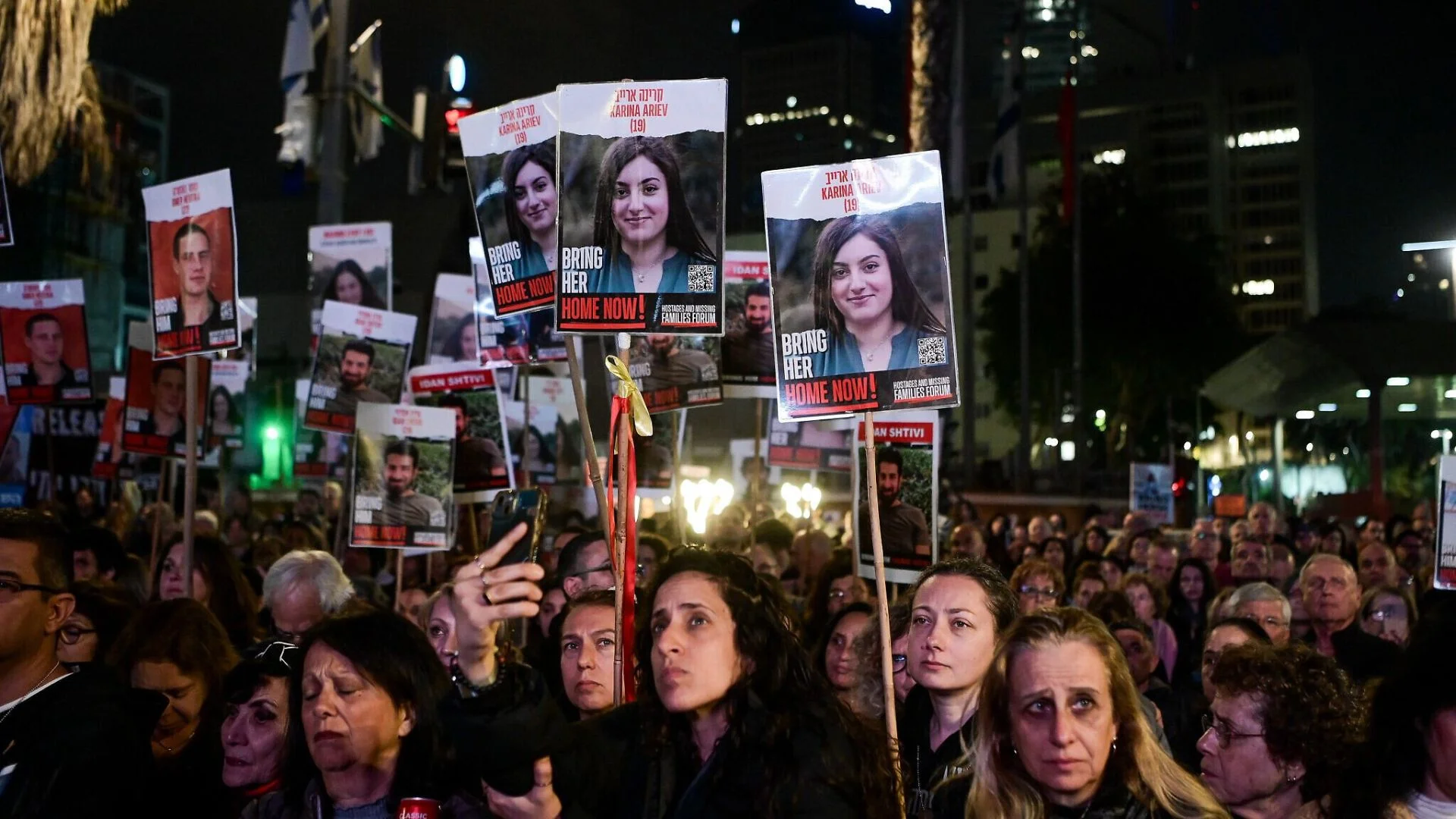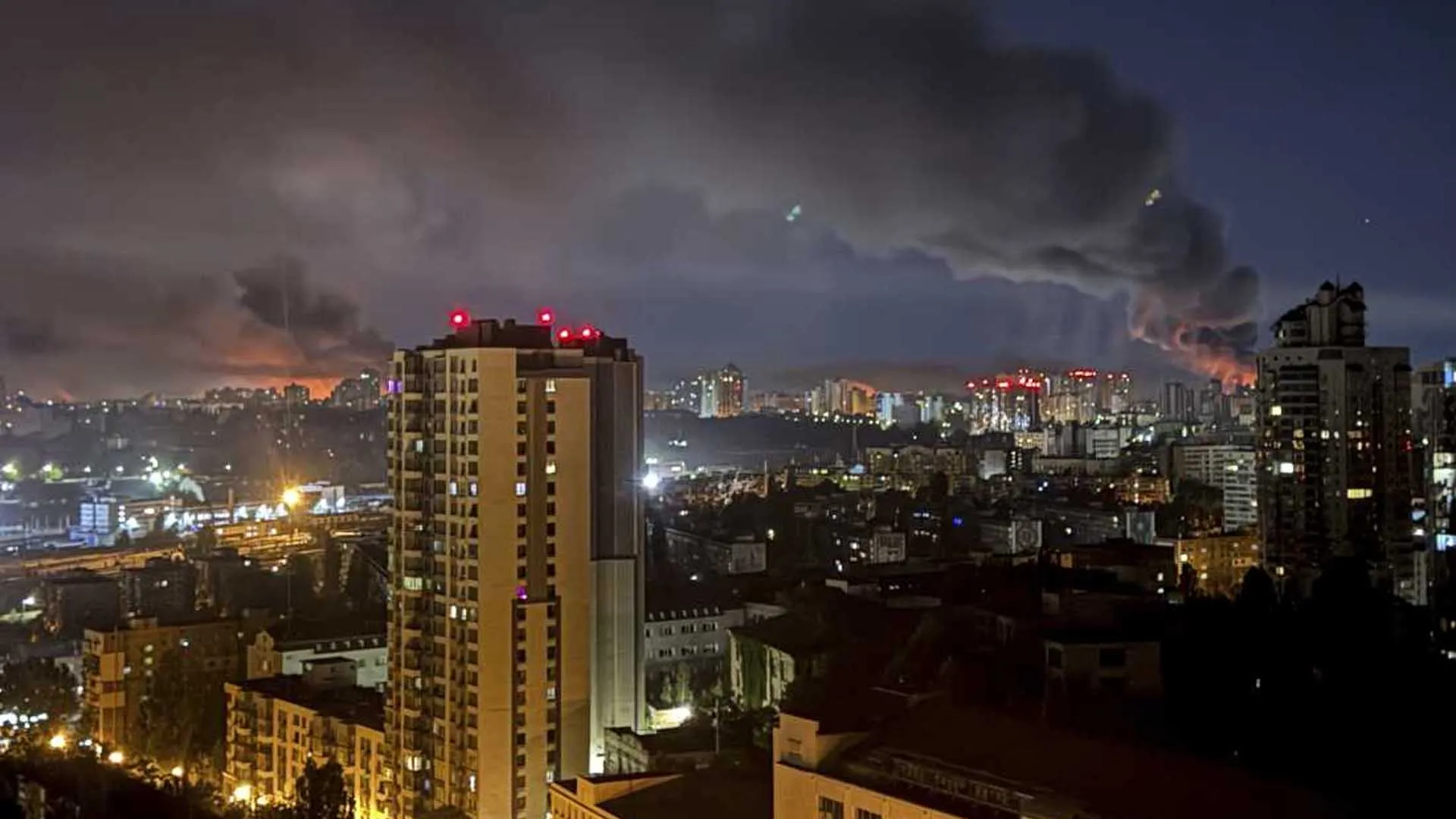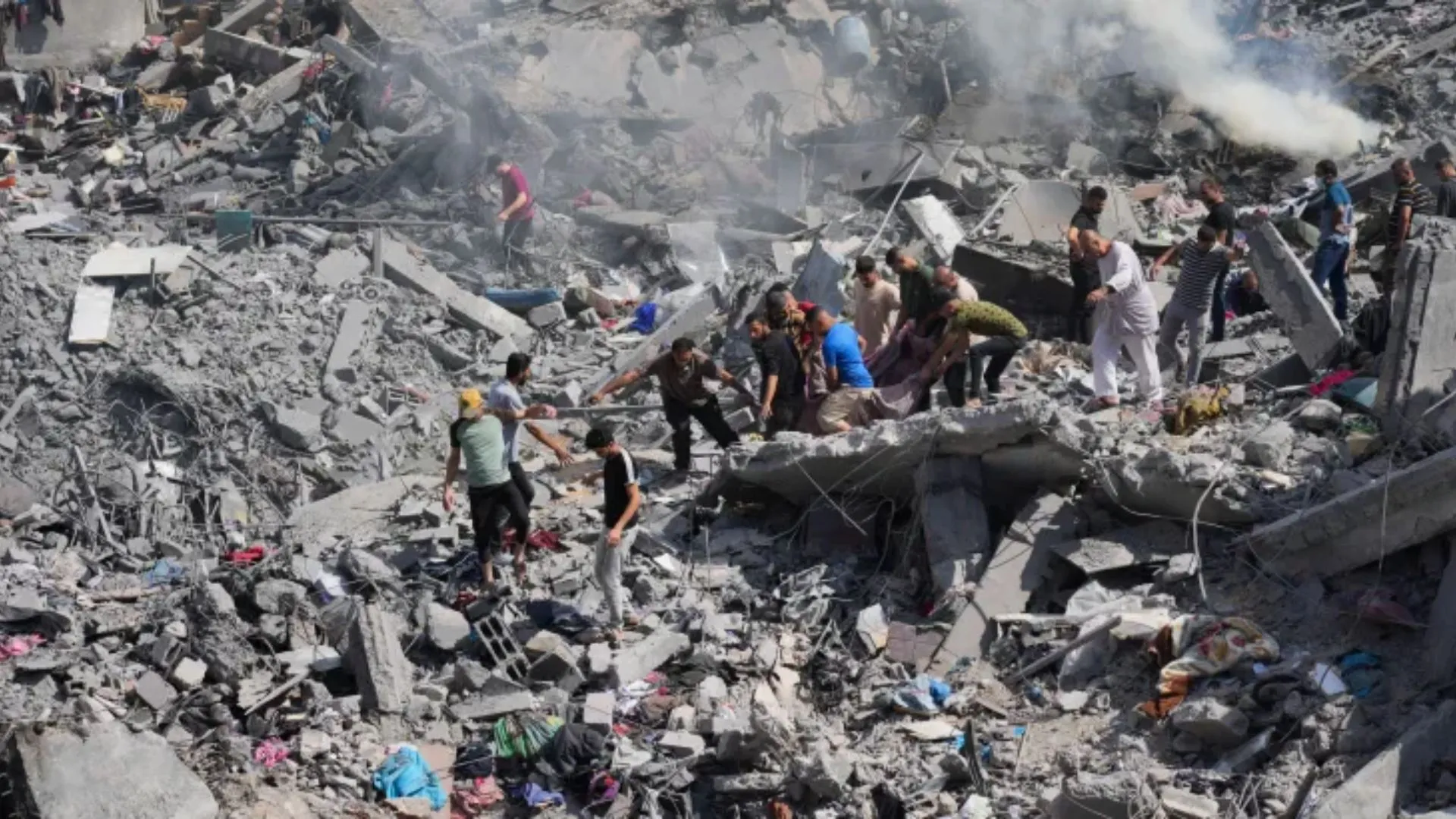The release of three Israeli hostages by Hamas has shocked Israel, with their frail and gaunt appearances raising serious concerns about their treatment in captivity. On Saturday, Hamas freed the hostages in Gaza, while Israel released 183 Palestinian prisoners as part of the fifth exchange under the ongoing ceasefire.
The visibly weakened state of the three men has intensified pressure on Prime Minister Benjamin Netanyahu to prioritize the return of the remaining hostages. Their fragile condition stood in stark contrast to the 13 Israelis and five Thai nationals previously released in the swap.
Similarly, Palestinian prisoners released to Ramallah appeared significantly malnourished, with the Palestinian Prisoners Club reporting that seven out of 43 required hospitalization. Rights groups have attributed their condition to what they describe as “institutionalized abuse” in Israeli detention centers. Some of those released had been serving multiple life sentences for violent crimes. Israel’s hostage coordinator, Brig. Gen. Gal Hirsch, expressed deep concern over the health of the freed captives.
Mounting Pressure on Netanyahu
Amid meetings with U.S. President Donald Trump’s administration in Washington, Netanyahu has signaled his intent to resume military operations, emphasizing that only a “complete” victory will ensure Israel’s security. “We will eliminate Hamas, and we will return our hostages,” he stated while condemning the treatment of Israeli captives.
An Israeli delegation has been dispatched to Qatar for discussions on “technical matters,” but substantial negotiations will only proceed after a security cabinet meeting on Monday, according to The Times of Israel. However, domestic pressure is mounting.
Einav Zangauker, whose son Matan is still held in Gaza and not included in the initial release, criticized Netanyahu, accusing him of “sitting in a hotel in Washington, trying to sabotage” a deal that could secure her son’s release. “Tell them to shorten the first stage, close [the deal] on the second stage, and this time, bring them all home at once,” she urged.
Hamas political bureau member Basem Naim, however, claimed that no fresh negotiations had begun despite earlier expectations of talks following Netanyahu’s meeting with Trump’s Middle East envoy, Steve Witkoff.
Netanyahu’s Political Struggles
Far-right Finance Minister Bezalel Smotrich, a vocal critic of the ceasefire, has threatened to withdraw from the coalition if the war does not resume. Netanyahu’s fragile coalition has already been weakened after another far-right minister, Ben Gvir, and his party withdrew their support.
Netanyahu now finds himself in a precarious position, relying on Smotrich’s backing to maintain his grip on power. On Saturday, Smotrich condemned comparisons between the freed Israeli hostages and Holocaust victims, calling such analogies a “grave mistake” that “shows contempt” for the Holocaust.
He also criticized those advocating for an extended ceasefire due to concerns over the hostages’ condition, arguing that they were pushing for Israel to “surrender to Hamas.” As Netanyahu navigates this political crisis, he must balance public sentiment with the demands of his coalition partners, making the path forward increasingly uncertain.























